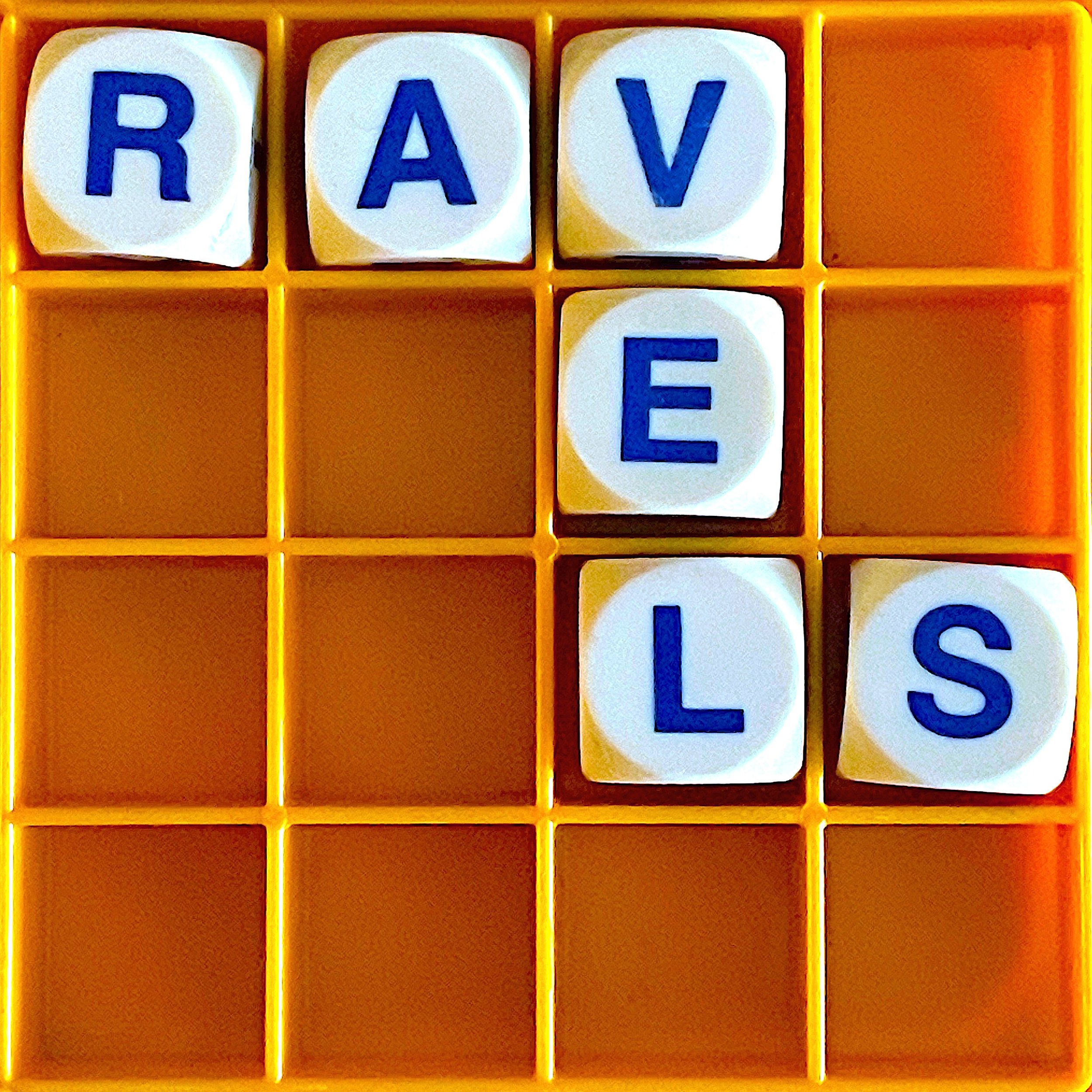MP3 • APPLE PODCASTS • RSS • GOOGLE • TRANSCRIPT
We’ve got knitting! We’ve got eponyms!! We’ve got knitting eponyms!!! Which come with a whole load of battles, f-boys, duels, baseball, espionage, scandals - and socks, lots of socks.
Fibre artist and Yarn Stories podcaster Miriam Felton discusses why grafting should ditch the name 'kitchener stitch'; we learn about the eponymous cardigan; and three towns in Ontario take pretty different approaches to having problematic namesakes.
Content note: this episode contains mentions of war, death and injuries.
Listen to more episodes on the topics of renaming and eponyms.
EXTRA MATERIALS:
“Even in its earliest periods, hand knitting had a sociopolitical bent, as the proletariat toiled to make luxury garments for European royalty.”
“Continental-style knitting, which was associated with Germany, fell out of favour in English-speaking countries during World War Two, and people changed to English knitting. The difference is which hand holds the yarn: the left is Continental, the right is English. Continental knitting is faster and more efficient, so it began to regain popularity after the war.”
“Somerset demanded that the surgeon bring his arm back to him, so he could retrieve a ring on one finger which had been given to him by his wife.”
I can’t choose a favourite part of the Wikipedia entry about Adeline de Horsey, the second wife of Lord Cardigan. It’s between her rejecting a marriage proposal from Benjamin Disraeli because he had bad breath, and this: “ As a widow, she scandalised society by wearing thick make-up and organizing steeplechases through the local graveyard… She kept her coffin in the house, and she would often lie in it, asking for opinions on her appearance.”
Lord Cardigan’s libel case and verdict.
“Golf Jacket, Bryn Mawr Jacket, and Norfolk Jacket… They all look different, but they all fit the basic definition of a cardigan.”
“As World War I dragged on, Belgian intelligence agents made friends with elderly women who lived near railway stations. Conveniently, these women had windows in their homes that overlooked train tracks. They surreptitiously asked these women — who perhaps looked too old and innocent to be spies — to monitor passing Imperial Germany's train movements. Those who agreed to help followed a system that required them to diligently watch for passing trains. As they knitted throughout the day, they'd purl a stitch when they saw an artillery train. Or, they'd ‘drop’ a stitch if a troop railcar passed — meaning they'd leave a hole in the pattern.”
“I found the idea that the tricoteuses knit while watching people die deeply disturbing. Associating knitting with a violent act was not possible; it did not make any sense. It was my grandmother who explained to me why knitting came to be linked with the beheading of the French aristocrats.”
No wonder Kitchener, Ontario ended up being called Kitchener: “here are a few highlights from the 113 possibilities after thousands of impossibilities were ruled out (one can only imagine what those suggestions consisted of): Beaver; Newborn; Ontario; Ontario City (the city so nice they name it twice!); Hydro; Hydro City; Panada; Uranus; Homeland; Brief; Majesty; and Khaki.”
Russell, Ontario announces its rededication.
Ravelry announces its ban on pro-Trump content.
“‘Sweater girls’, buxom pinups who crammed their generous bosoms into sweaters that seemed ready to burst. Due to a censorship quirk, this kind of scandalous content was considered permissible, as long as everything was concealed by a conservative sweater.”
The first raglan sweater I knitted was the Tumble Tee pattern by Lydia Morrow, and very good it is too.
Support the show at theallusionist.org/donate and as well as keeping this independent podcast going, you also get behind-the-scenes glimpses about every episode, fortnightly livestreams with me and my dictionary collection, and you can hang out in the Allusioverse Discord community. This month, we’ll be watching Muppet Christmas Carol together, and Last Holiday starring Queen Latifah, as well as the festive Pottery Throwdown and Bake Off specials.
✨ Click here to check out Allusionist listeners' creative work in the Allusioverse Gift Guide
✨ Click here to check out Allusionist listeners' creative work in the Allusioverse Gift Guide
YOUR RANDOMLY SELECTED WORD FROM THE DICTIONARY:
cachalot, noun: another term for sperm whale.
Origin 18th century: from French, from Spanish and Portuguese cachalote,
from cachola 'big head'.
CREDITS:
Miriam Felton is a textile and paper artist and designer, and she also makes the podcast Yarn Stories. Find her work at miriamfelton.com, on Ravelry and at instagram.com/mim_is_making.
This episode was produced by me, Helen Zaltzman, on the unceded ancestral and traditional territory of the xʷməθkʷəy̓əm (Musqueam), Sḵwx̱wú7mesh (Squamish), and səlilwətaɬ (Tsleil-Waututh) Nations. I’m donating the proceeds of this episode to Doctors Without Borders, Direct Relief, Anera, and the Palestinian Children’s Relief Fund.
The original Allusionist music is by Martin Austwick. Download his songs at palebirdmusic.com and listen to his podcasts Song By Song and Neutrino Watch.
Find the Allusionist at youtube.com/allusionistshow, twitter.com/allusionistshow, facebook.com/allusionistshow, @allusionistshow.bsky.social and instagram.com/allusionistshow


